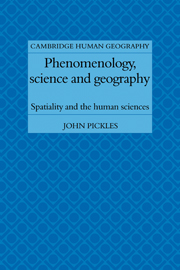Summary
The modern human sciences have at least two broad conceptions of praxis. On the one hand, there is a confidence in method and technique; a confidence strengthened in the rapid and major advances that occurred in these areas during the 1950s and 1960s. On the other hand, there is a growing recognition that extra-logical and extra-methodological issues influence the nature of scientific claims, particularly in the social realm, and that these influences are more significant than had previously been recognized or acknowledged. Ideology, language, social relationships, and cultural attitudes have now been shown to be important and necessary concerns for the practising methodologist.
In the first case the human sciences recognize the importance of method and technique. In the second case the multiplicity of possible forms of evidence and interpretations has created an atmosphere of uncertainty in regard to any single technique or methodology. With the rise of what has been called ‘the philosophical revolution’ it has become increasingly clear that without the necessary reflective concerns and procedures any practising science merely perpetuates the taken-for-granted world of the status quo, and denies to the scientific enterprise its primary role as a critical enterprise. But in such reflection the scientist has few methodological procedures and guidelines to follow, and, in turning to philosophy for such guidance, the scientist again comes across a confusing multiplicity of views and interpretations.
- Type
- Chapter
- Information
- Phenomenology, Science and GeographySpatiality and the Human Sciences, pp. ix - xiiiPublisher: Cambridge University PressPrint publication year: 1985

